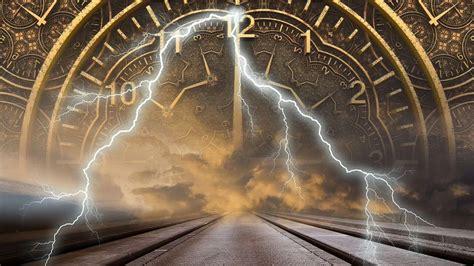Time travel has captivated humanity for centuries. From H.G. Wells' The Time Machine to Avengers: Endgame, the concept of traveling back or forward in time remains a source of fascination for our minds. But how close is science to fiction—and can time travel be possible?
What Is Time Travel?
Time travel is the idea of traveling through different points in time, just as we travel through space. It implies that we can go back to the past or view the future before it occurs.
In science fiction, time machines, wormholes, and magical portals are often used as means to travel through time. In science, the idea is more complex—and founded on serious physics.
Einstein's Theory and Real Possibilities
Albert Einstein's theory of relativity is the basis of time travel potential in the real world. It demonstrates that:
Time is relative: It speeds up or slows down based on gravity and velocity.
Time dilation: At close to light speeds, time passes more slowly for the traveler than for someone on Earth. Astronauts on the International Space Station age just a little slower than people on Earth—a small but actual form of forward time travel.
Scientists have also investigated ideas such as:
Wormholes: Theoretical tunnels through space-time that could permit backward or forward travel.
Black holes: Regions where gravity is so intense that time acts differently.
Closed timelike curves: A circle in space-time that could permit an individual to travel back to their past.
But as yet, no evidence has supported the idea that full-scale time travel is possible—or safe.
Paradoxes and Problems
Time travel raises bizarre questions. What if you went back in time and changed something that affects your own birth? This is called the grandfather paradox. It challenges the logic of altering the past and makes scientists skeptical about backward time travel.
Some theories suggest that every change would create a new timeline or alternate universe, as shown in many sci-fi films.
Why It Matters
Though time travel is hypothetical, research into it helps scientists know more about how the universe operates. It pushes our minds to perceive space, time, gravity, and quantum physics in new ways—and forces us to think beyond the imaginable.
Conclusion
Time travel is a combination of great science and extreme fantasy. Though we may not be boarding a time machine in the near future, learning about it sets us on a path to explore some of the universe's greatest mysteries. In the meantime, fiction, science, and fantasy will keep our imaginations fired up about the fourth dimension: time.

